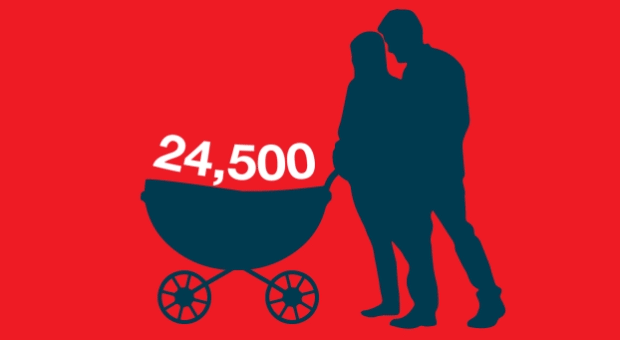“You are a part of our population growth problem,” Martin Helme, the current leader of the far-right Estonian party EKRE, told a 27-year-old female journalist in 2016.
She had asked him if it was wrong that she was not planning to have children at that time. He also called her a “socially harmful element”. This quote has since become infamous in Estonia’s ongoing baby debate.
Although this statement was condemned by liberals, it did not damage EKRE’s popularity. Since the fall of the Iron Curtain, Estonia has experienced a rapid decline in its birth rate.
However, Tallinn University demographer Mark Gortfelder has pointed out that the existential fear of demographic “survival” has existed longer than the 104-year-old-republic.
Estonia experiences the issue of survival more literally than in most other parts of Europe. Every regional power has at some point in history controlled the Baltic nation of today or a large chunk of it. Most of these periods have involved a massive loss of Estonian lives.
Estonia’s first period of de facto independence (1918 to 1940) was ended by World War II, and accompanied by mass killings and deportations. Between 1945 and 1989, migration increased the proportion of the non-Estonian population within the Soviet-controlled republic from 3% to 38%. It was feared that Estonians would soon be “a minority on their own land”.
For all these reasons, the “baby-making” narrative falls on fertile ground in Estonian politics.
For prime minister Kaja Kallas, this meant ditching her coalition partners who, together with EKRE, introduced a bill for a massive increase in family subsidies behind her back. Many experts say that these will not significantly increase the birth rate.
The price for Kallas to keep her job was high. Her new coalition partners demanded lavish subsidies for families. It was exactly because of those that the previous government was ousted.






